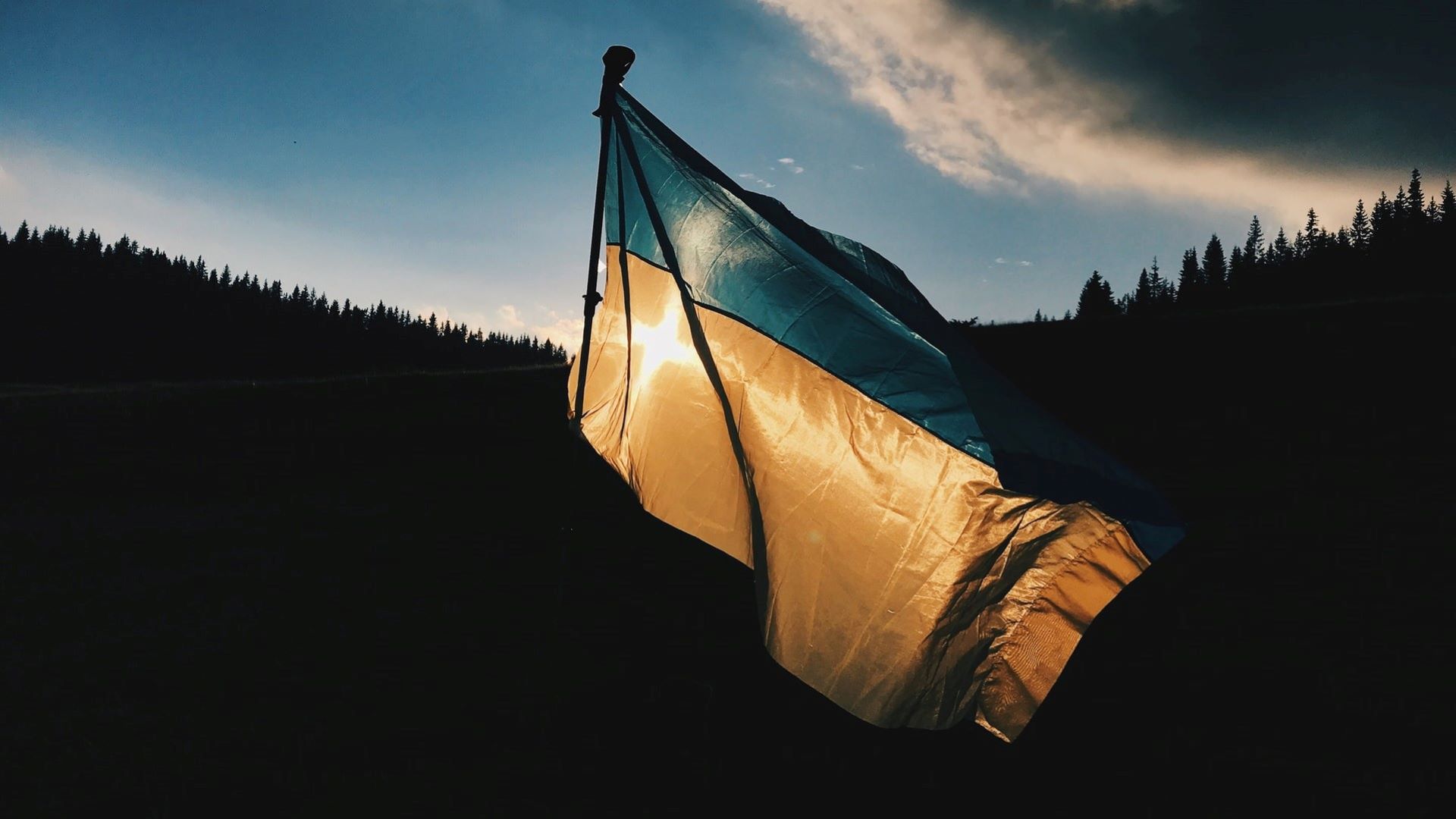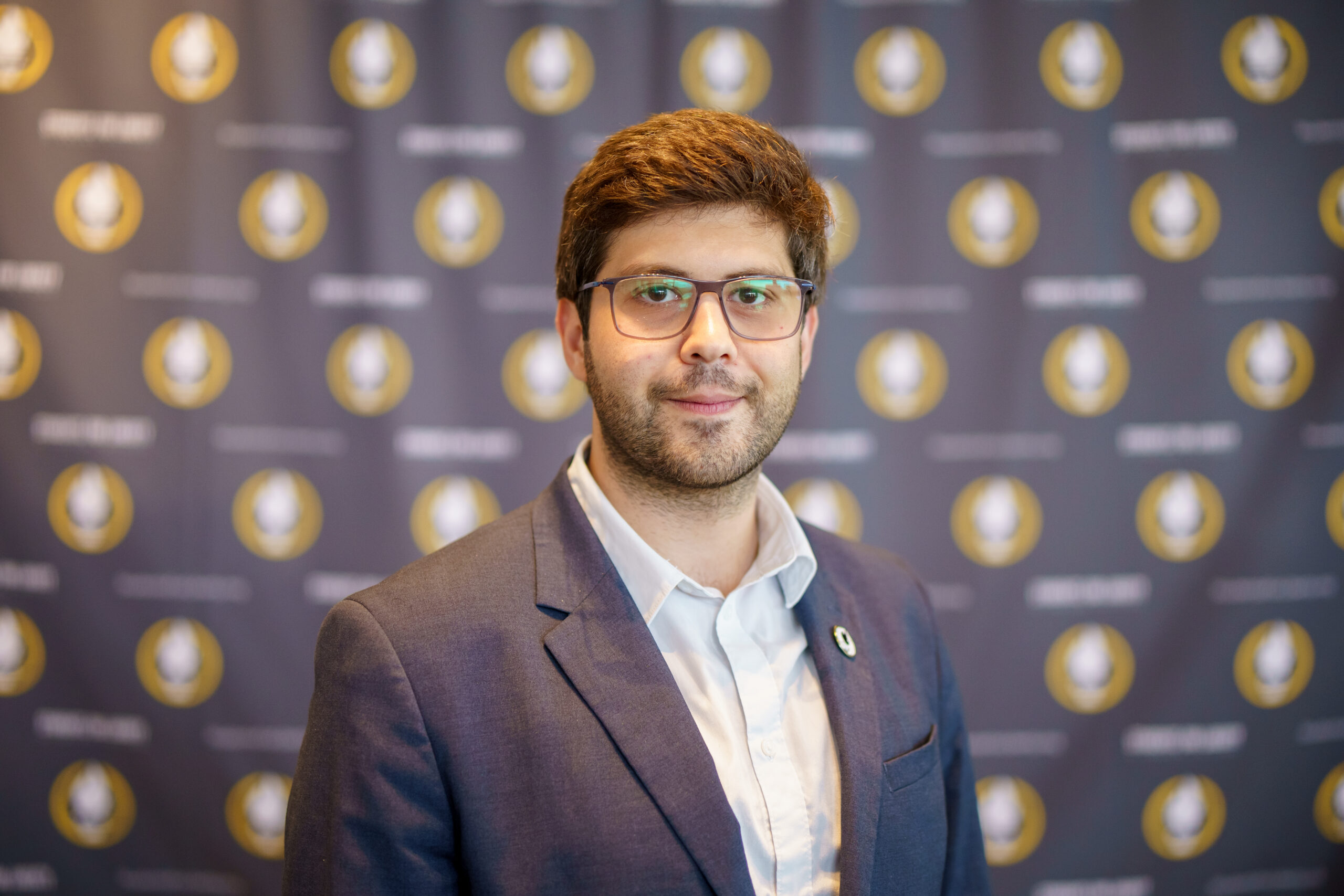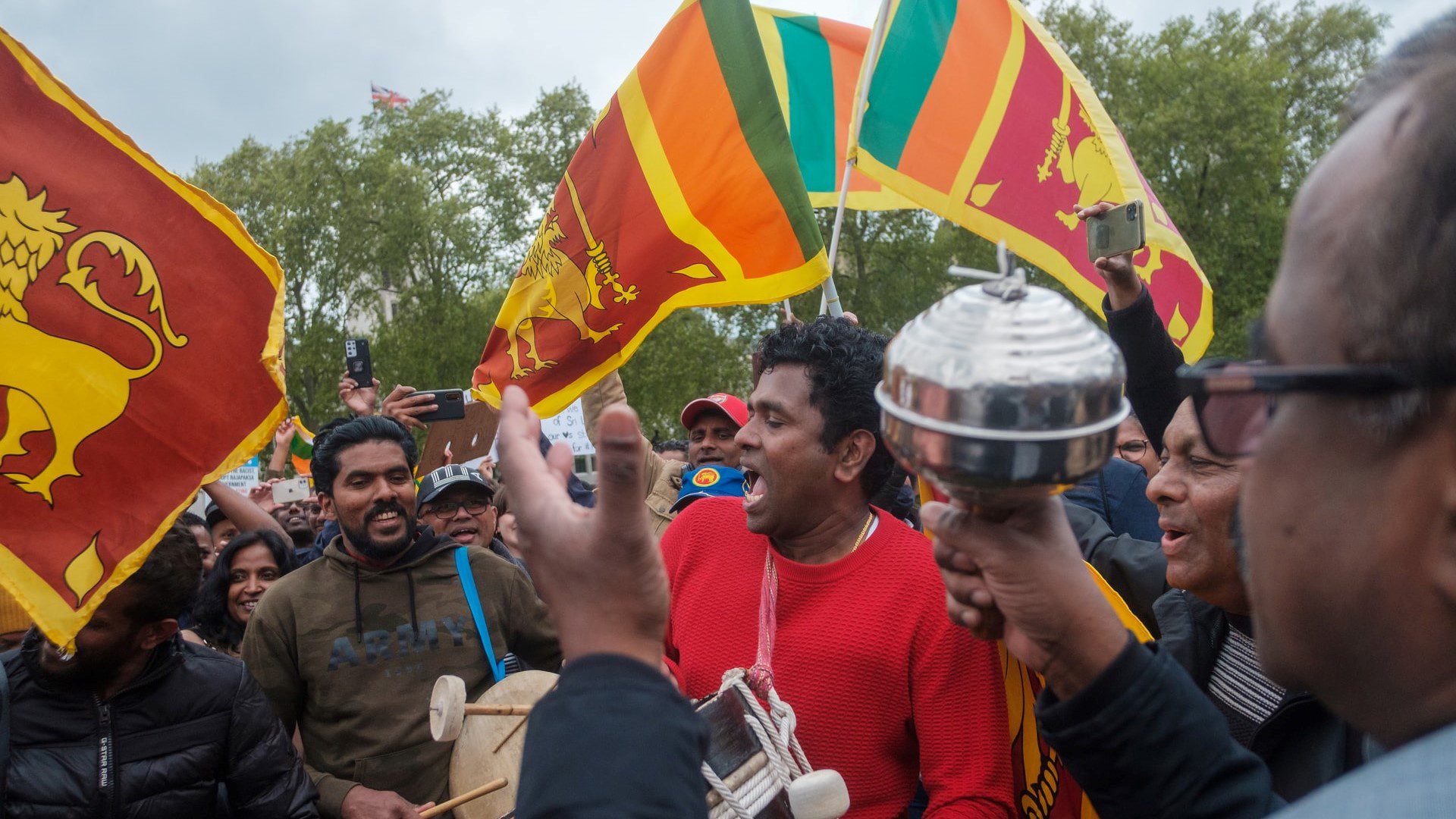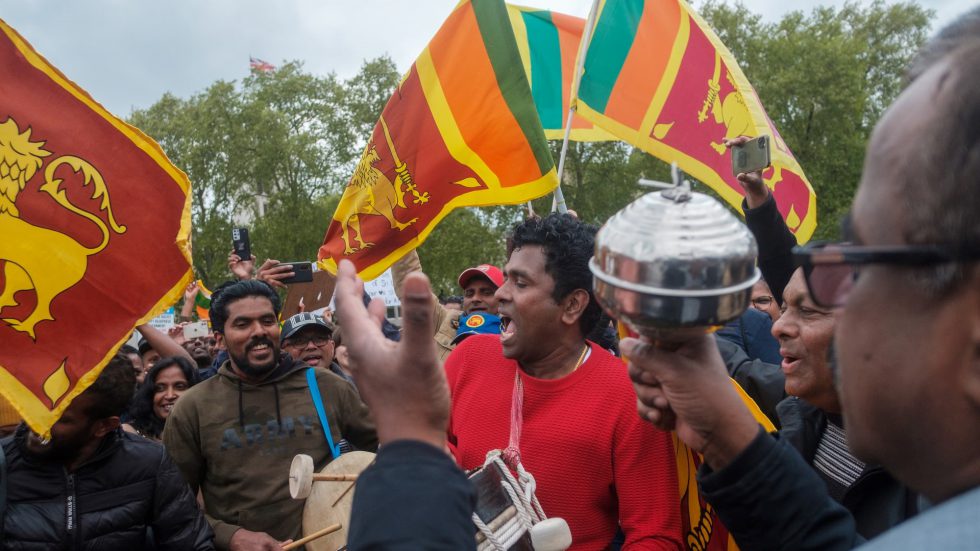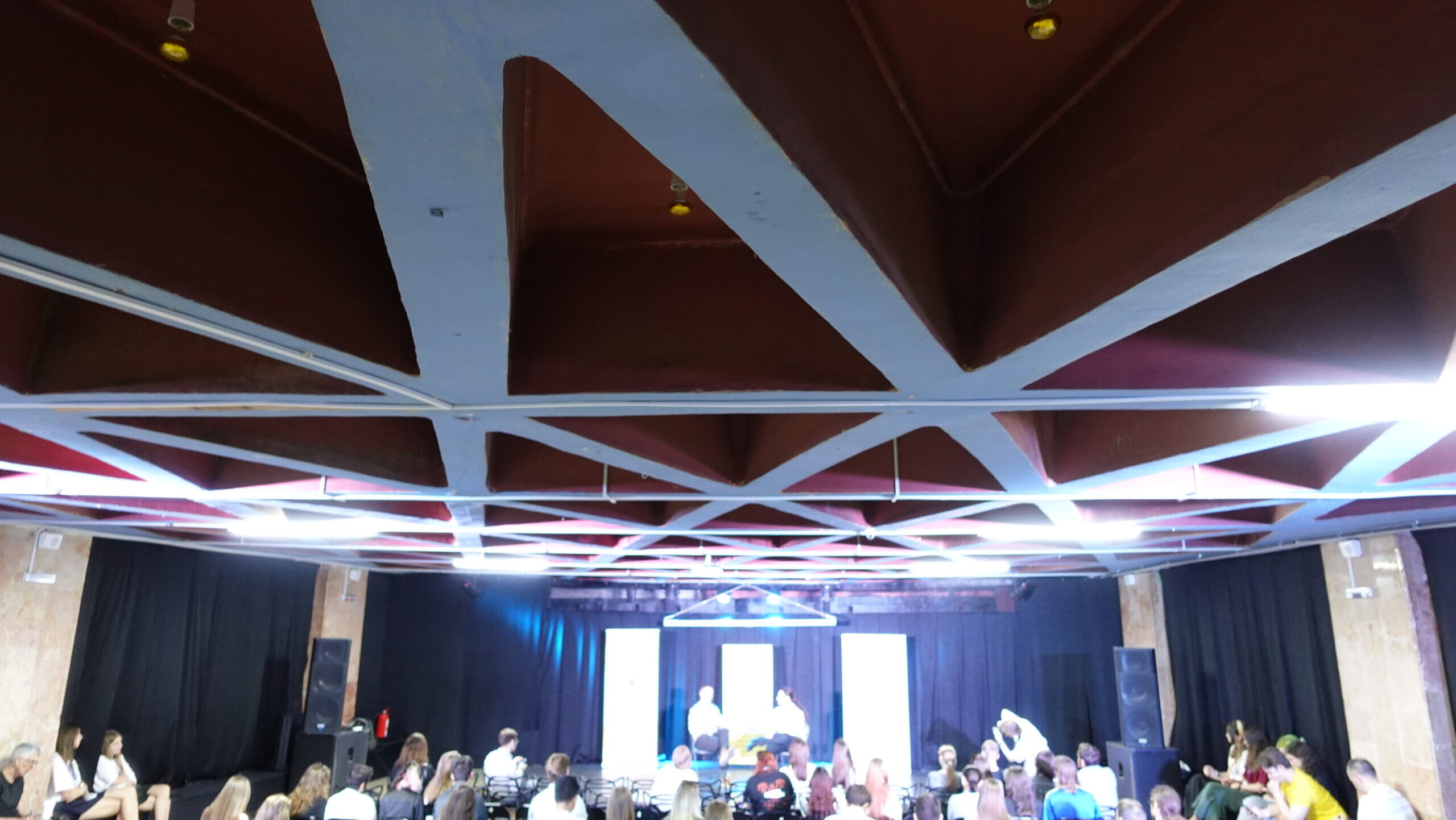Writing for FTN, Students For Liberty’s Director of Alumni, Jorge Jraissati, gives his thoughts on the crisis in Ukraine. He argues that achieving peace in Ukraine is vital to Europe’s future. Follow @sfliberty on Twitter and let us know your thoughts on the matter.
Since 1939, there has never been a greater chance of war between two major countries in Europe than the one we face today.
As Russia’s aggression and provocations against Ukraine escalate, the two countries are on the verge of war.
Among these, for the second time this year, Russia is increasing its military forces in Ukraine’s eastern region of Donbas. On top of that, last week, Ukraine’s President Volodymyr Zelensky made a statement warning that Russia is planning a coup in Kyiv.
Together, these two threats mark the latest actions of Putin against Ukraine and its sovereignty, actions that have been increasing in frequency as time goes by.
From a diplomatic perspective, Putin’s actions are unacceptable, as they have the potential to not only destabilize Europe but also severely deteriorate the rules-based international system. Moreover, from a humanitarian perspective, one can only imagine the feelings of the Ukrainian people, especially those in the eastern regions of the country.
Ukraine’s new Minister of Defense Oleksii Reznikov wrote on this subject at the Atlantic Council. He said that the Ukrainian people have been “forced to live with the possibility of a major escalation for many years.” He then added that the Ukrainian people know “what to do” in case of a full-scale invasion from Moscow.
“We have been forced to live with the possibility of a major escalation for many years. Ukrainians know what we will do if confronted by the worst-case scenario of a full-scale Russian invasion. We will fight. We will defend our land,” Reznikov said.
Reznikov’s statement is similar to the comments I got from the people I know in Ukraine, SFL alumni Tetiana Rak and Maria Chaplia — whom I have been talking to as part of my efforts to better understand the situation.
Maria, for instance, told me that the country is much more united today than in 2014. She also mentioned that the Ukrainian military is significantly stronger today than in 2014, which is a statement Reznikov also made in his article.
“Ukraine is not the same country that it was in 2014. The country was more divided culture-wise, now it is more united. Moreover, back then, the military was almost non-existent. So, I think the country has a greater capacity to resist Russia now than in 2014,” Maria said.
From this perspective, it is clear that the United States and Europe should maintain and even increase their military, diplomatic and economic commitments to the Ukrainian government and its people. They need to increase the risks and costs of a potential escalation from part of the Russians, which can only be done by strengthening Ukraine.
This is drastically different from today’s idealist approach, pretty much aimed at appeasing Russia. What this approach fails to understand is that nothing will appease Russia, as they see Ukraine’s independence as a threat to the geopolitical interests of Russia.
This is why I agree with the latest article of Mike McFaul, who served as Obama’s ambassador to Moscow, where he said that the U.S. should “devote more time and resources” to Ukraine. He then added that in today’s situation, it is impossible to expect a stable relationship with Russia.
Much like McFaul, Tetiana mentioned the importance of the U.S. having a “preventive rather than reactive” approach to the Ukrainian crisis.
She also made a really smart point; she said that the U.S. should stop thinking of Russia as a possible mediator for this conflict – given that Russia in itself has caused this crisis.
“The west’s reaction is stereotyped, belated, and insufficient to stop hostile Russian actions. An effective response requires preventive instead of reactive action. There is no need to appeal to Russia as a mediator in resolving the “Ukrainian crisis”. Current issues need to be called by their names and reflect the real state of things. Aggression has to be called aggression,” Tetiana said.
For these reasons, our duty is to support the people of Ukraine. As they are ready to stand against Russia, so should we. Otherwise, authoritarianism will not be contained, and rulers like Putin will not only keep oppressing their people but also keep threatening the international system as a whole.
This article was originally published on the Freedom Today Network blog
This piece solely expresses the opinion of the author and not necessarily the organization as a whole. Students For Liberty is committed to facilitating a broad dialogue for liberty, representing a variety of opinions. If you’re a student interested in presenting your perspective on this blog, send your piece to [email protected], and mention SFL Blog in the email subject line for your chance to be published and be seen!
